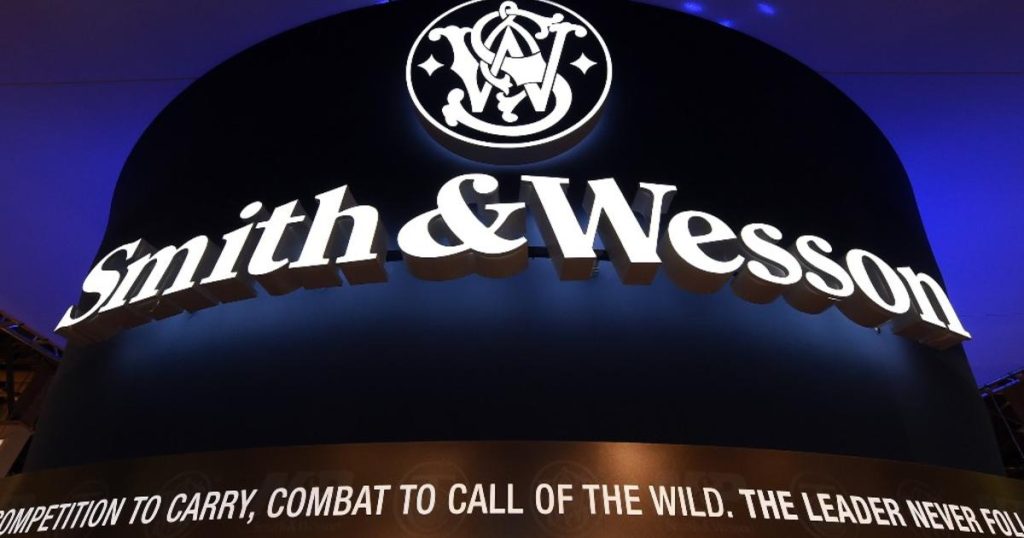The Supreme Court has agreed to hear a case involving U.S. gun-makers and a lawsuit filed by the Mexican government seeking to hold them liable for violence committed by drug cartels. The gun manufacturers, including Smith & Wesson, Beretta, and Glock, are arguing that they should be protected from liability by a 2005 law that shields the firearms industry. The case will be argued in the court’s next term and is one of 15 new cases added to the docket. The Mexican government filed the lawsuit in 2021, alleging that the gun industry is “aiding and abetting” drug cartels by certain business practices that allow firearms to be smuggled across the border.
The lawsuit by the Mexican government claims that the gun companies’ marketing and manufacturing decisions have made their firearms easy to modify, contributing to the violence perpetuated by drug cartels. Mexico is seeking $10 billion in damages and a court order banning certain firearms and accessories. A federal district court initially dismissed the lawsuit based on the 2005 law that protects gun companies from liability for criminal misuse of their products. However, a federal appeals court later revived the suit, claiming it qualified for an exception under the law. The gun industry is asking the Supreme Court to reverse that decision to prevent a flood of lawsuits from foreign and U.S. governmental entities.
The lawyers for the firearms manufacturers argue that allowing Mexico’s lawsuit to proceed could lead to costly and intrusive discovery processes that could hurt the American firearms industry. They claim that the Mexican government is trying to force the industry to adopt gun-control measures that have been rejected by American voters. The Protection of Lawful Commerce in Arms Act shields gun companies from liability for the criminal or unlawful misuse of their products, but the liability shield may lift if a member of the industry breaks the law. The law has been used to dismiss other lawsuits brought by cities and individuals seeking to hold the gun industry accountable for misuse of firearms.
The Supreme Court’s decision to hear this case highlights the ongoing debate over gun control and the liability of the firearms industry for violence committed by users of their products. The outcome of this case could have significant implications for future lawsuits against gun manufacturers, both in the U.S. and abroad. The gun companies are hopeful that the Supreme Court will uphold the 2005 law and protect them from the lawsuit filed by the Mexican government. The court’s decision in this case could shape the legal landscape surrounding gun violence and accountability for the firearms industry for years to come.














